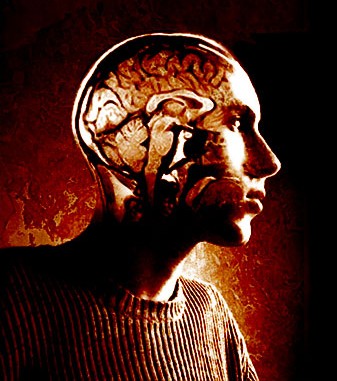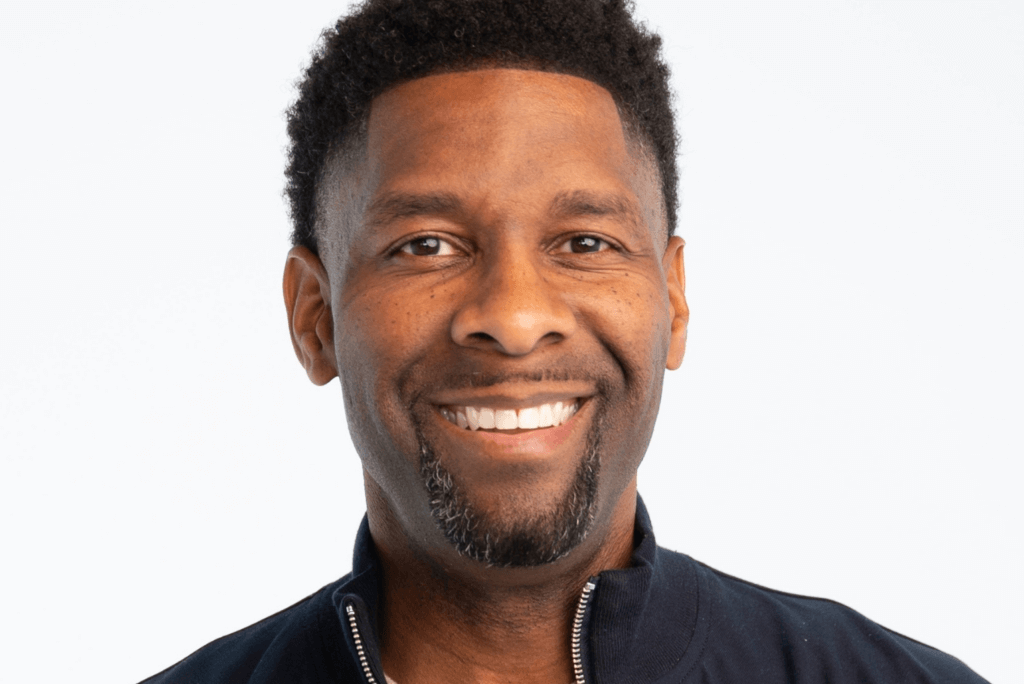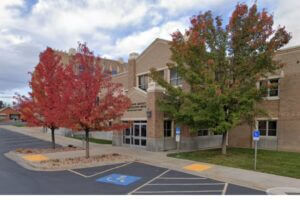It’s pretty much a given that the more educated someone becomes, the more likely they are to question their religious beliefs, stop going to church and even abandon their faith entirely.
Or is it?
A new University of Nebraska-Lincoln study challenges that age-old notion with findings that show education actually has a positive effect on Americans’ churchgoing habits, their devotional practices, their emphasis on religion in daily life and their support for religious leaders to weigh in on the issues of the day.
The work, to be published in a forthcoming edition of the journal Review of Religious Research, analyzed a nationwide sample of thousands of respondents to the General Social Survey. The analysis determined that education does, in fact, influence Americans’ religious beliefs and activities—but the effects are more complicated than conventional wisdom suggests.
“Education influences strategies of action, and these strategies of action are relevant to some religious beliefs and activities, but not others,” says Philip Schwadel, associate professor of sociology at UNL and author of the study. “The effects of education on religion are not simple increases or decreases. In many ways, effects will vary, based on how you define religion.”
For example, the study found higher levels of education eroded Americans’ viewpoints that their specific religion is the “one true faith” and that the Bible is the literal Word of God. At the same time education was positively associated with belief in the afterlife. And while more highly educated Americans were somewhat less likely to definitely believe in God, it’s because some of them believed in a higher power, not because they were particularly likely to not believe at all.
The research also found that disaffiliating, or dropping religion altogether, was not a popular option for highly educated Americans—in fact, having a greater level of education was associated most often with converting to mainline, non-evangelical Protestant denominations.
The study is unique, Schwadel said, because it examines education’s effects on religion in the various ways that Americans are religious—from their different beliefs, their varied ways of participating and the nature of their affiliations with specific denominations.
Also among the study’s findings:
* Education had a strong and positive effect on religious participation. With each additional year of education, the odds of attending religious services increased 15 percent.
* Increases in education were associated with reading the Bible. With each additional year of education, the odds of reading the Bible at least occasionally increased by 9 percent.
* Education was related to respondents’ switching of religious affiliations. The odds of switching to a mainline Protestant denomination increased by 13 percent for each year of education.
* The more educated respondents were, the more likely they were to question the role of religion in secular society. Yet, they were against curbing the voices of religious leaders on societal issues and supported those leaders’ rights to influence people’s votes.
“The results suggest that highly educated Americans are not opposed to religion—even religious leaders stating political opinions,” Schwadel says. “But they are opposed to what may be perceived as religion being forced on secular society.”
The research illustrates the unique, voluntary American brand of religiosity, he said, and should open up a discussion about the interactions between education and religion in modern American life.
“It’s clear that though the religious worldviews of the highly educated differ from the religious worldviews of those with little education, religion plays an important role in the lives of highly educated Americans,” Schwadel says. “And religion remains relevant to Americans of all education levels.”
See an error in this article?
To contact us or to submit an article





















